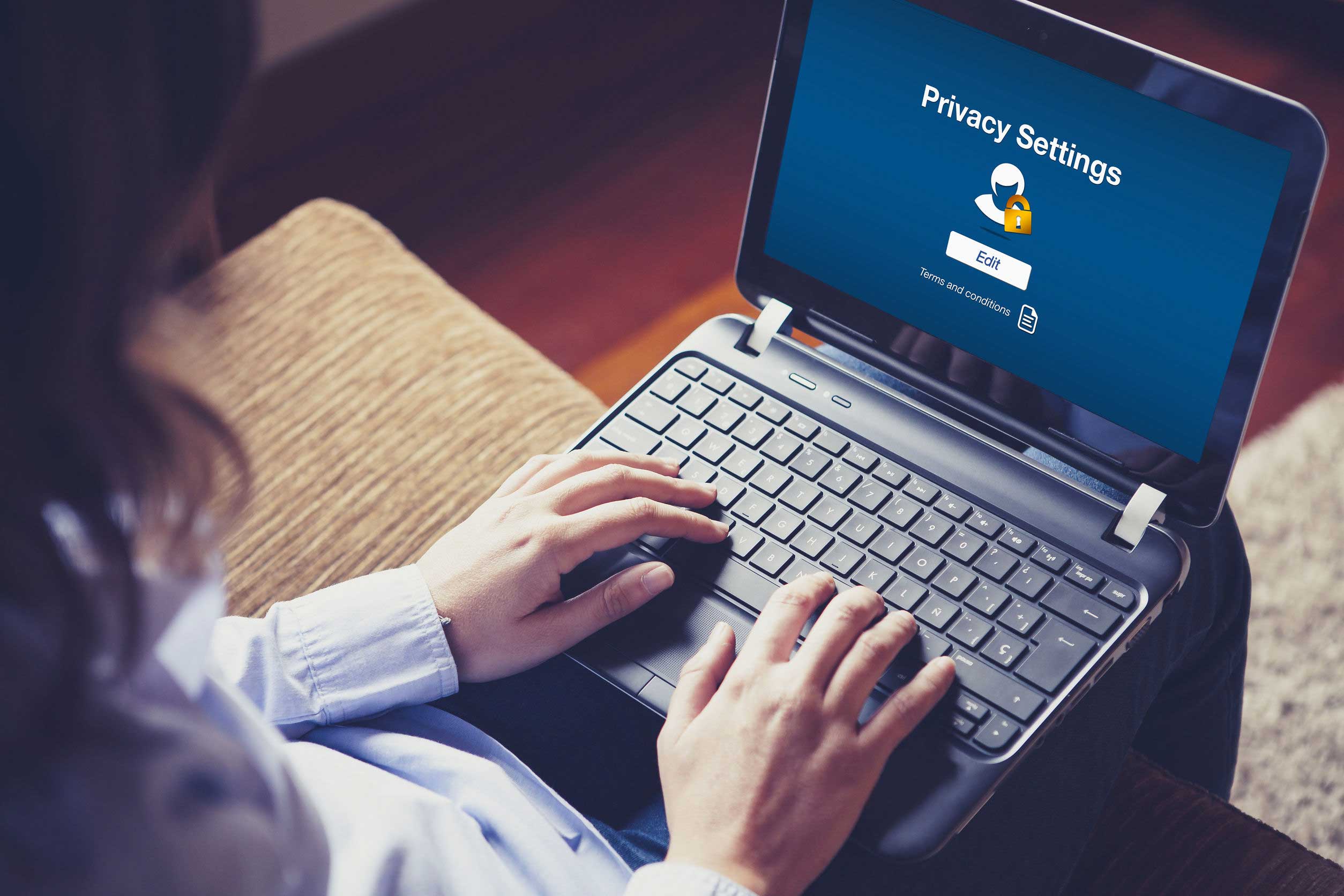With an ever increasing number of password protected sites every computer user visits every day, remembering passwords can be a nightmare. However, it can be a mistake to use passwords that are memorable yet vulnerable to hacking. The following tips help serve a balance between the two and offer practical password protection.
Avoid using any Personal Information
While you no doubt keep things like family names and initials, your address and phone number and birthdates in the forefront of your memory, such information is too readily accessible to almost anyone who wants to find out. The amount of data on public websites is astonishing.
Avoid using Real Words
The sequence of letters in “real” words is too easily replicated in software programs hackers use to gain access to your information. Instead, use a mixture of upper and lower case letters combined with special characters added in.
Avoid using Short Passwords
The fewer the number of characters in your password, the more vulnerable it is. Passwords of at least eight and preferably 10 characters increase the probability of security from hackers.
Avoid using the Same Password on Multiple Accounts
It’s best if each account you use has its own unique password. Otherwise, if despite your efforts to maintain security, a hacker gets one password, he has them all.
Avoid using your Passwords on Computers you do not Control
If you’re using an unsecured network at the local coffee shop or a public computer at the library, do not access any account that is password protected. Anyone using that network can be a potential hacker.
There are a number of good software products that store and encrypt your login information and passwords safely and conveniently. Some password managers even permit automatic fill options on certain websites.
Think of an Easy to Remember Phrase and Modify it
Lyrics from a song or a common phrase can be easy to bring to mind and modifying it can make it more secure. For example, “Every Good Boy Does Fine” can become “EvGoBoDoFi.” Even better, add a “$” or “&” somewhere in between to provide another layer of protection.
Keep your Passwords Secure
The optimal way to maintain security is to not write your passwords down, but for most of us this is simply not practical. But the last thing you want to do is place your list of passwords under your keyboard or on a sticky note attached to your monitor. You may be surprised at just how many people do so.
Change your Passwords Frequently
Unfortunately, password security is not a one and done proposition. You’ve got to keep the bad guys guessing. It is recommend changing important passwords such as ones that access financial accounts every month or two. Others need not be done as often – perhaps every four months. Also it’s a good idea to mix in an occasional change of your log on code as well.
Password security is not absolute, and hackers become more sophisticated all the time. Although you cannot be invincible, you can take steps to make it hard to penetrate your shield. That’s about all anyone can do.

Leave a Reply
You must be logged in to post a comment.